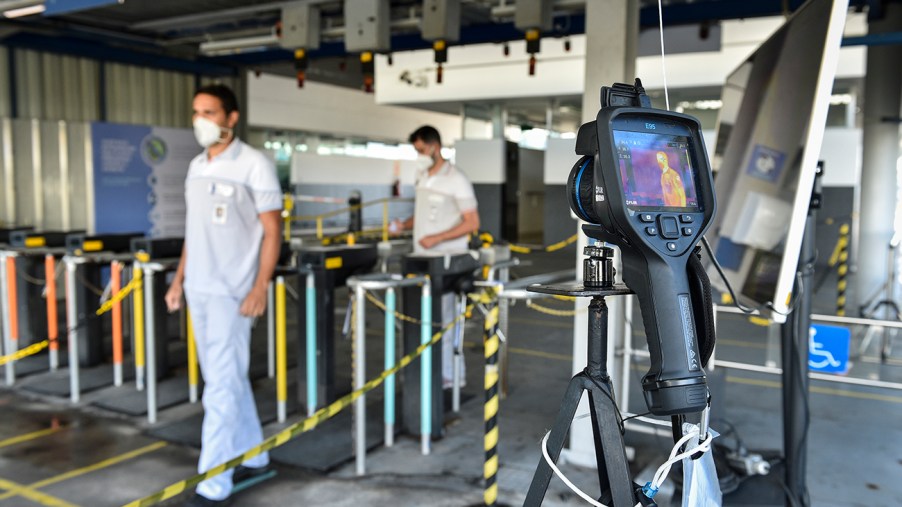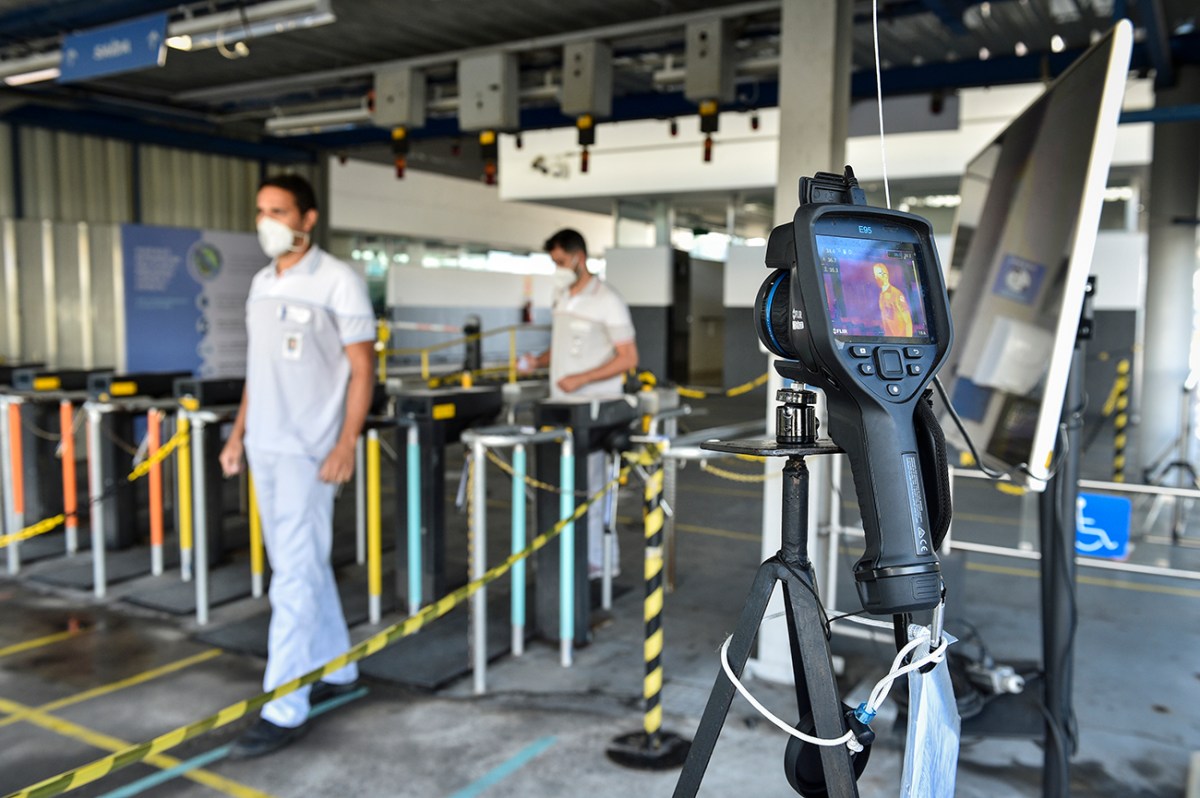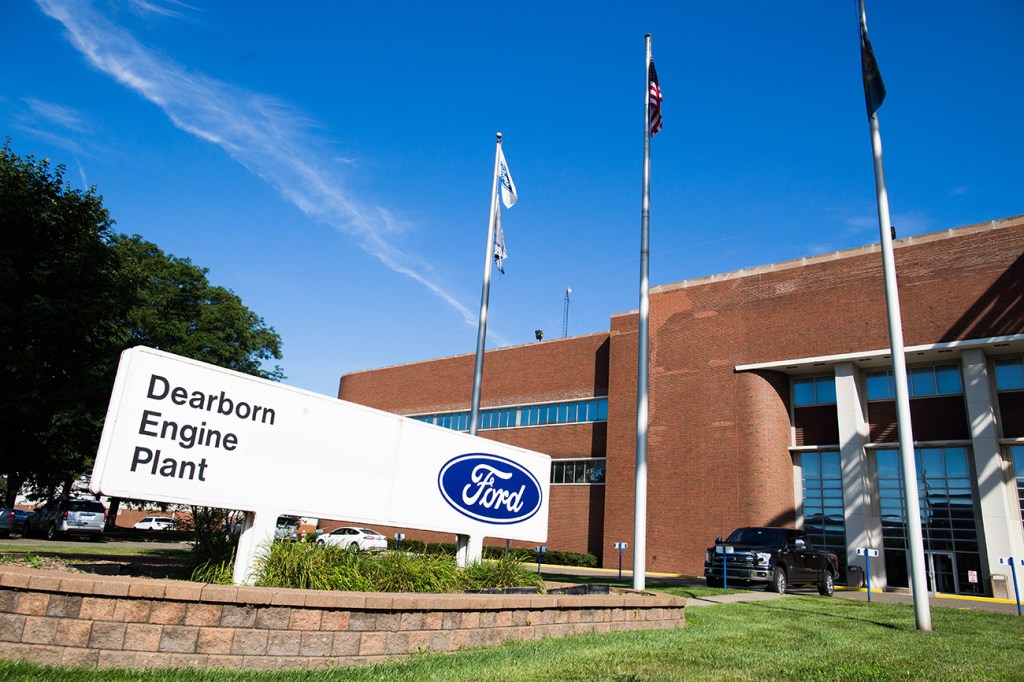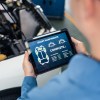
Big Three Pushes Vaccine Mandate For Canadian Facilities
There is no more polarizing topic than a vaccine mandate. As the coronavirus (COVID-19) pandemic swept the planet, it wreaked havoc on the automotive industry. It also caused manufacturers across several different industries to shut down so that virus would not spread among workers. Additionally, those shutdowns caused a global chip shortage which led to a shortage of new cars and inflated prices on used cars. Governments worldwide are debating how to handle mass vaccination, but some automakers are not waiting for those governments to decide.
“Big Three” American automakers pushing a vaccine mandate in Canada

Ford Motors, General Motors, and Stellantis, AKA “the big three,” are all enforcing a vaccine mandate on their manufacturing plants in Canada. According to a report from Automotive News, the three automakers issued statements announcing their vaccination policies.
The policies are all effectively the same: any visitor or employee at their Canadian factories will need proof of vaccination COVID-19 vaccination. The policies are set to start before the end of 2021.
Stellantis will start requiring proof of vaccination beginning December 17th, 2021. General Motors’ Canadian vaccine mandate starts on December 12th, 2021. Ford did not announce when their mandate would go into effect. However, it will likely be around the same time frame as Stellantis and General Motors.
“We are joining many other companies, from multiple sectors, supporting public-health initiatives to increase vaccination rates and further reduce the impact of COVID-19 across Canada. Vaccination has been shown to be effective in reducing the transmission of the virus as well as reducing the health impacts if a vaccinated person does contract the virus,” said General Motors Canada in a press release.
The coronavirus pandemic has been worse for Stellantis’ European vehicle production than the chip shortage according to analysts. It is not surprising that the automaker is willing to enforce a vaccine mandate to prevent the same thing from happening in any of the other regions in which it produces vehicles
Union leader warns that members are risking their livelihoods if they do not get vaccinated
Jerry Dias, president of UNIFOR National, a trade union of Canada, said in an interview that “unions have to be straightforward with our members.” He added, “employers that come out with a mandatory vaccination policy will be upheld in front of arbitrators.”
Dias went on to say that he thinks unions should be “candid” with members and let them know that “you are risking your livelihood if in fact you’re refusing to get vaccinated.”
According to the report, none of the automakers detailed what would happen if an employee at one of the Canadian facilities refused to get vaccinated. However, General Motors Canada did say that “exemptions and accommodations will be rare and will be evaluated on an individual basis.”
The big three may start pushing mandates in the United States as well

The United States does not have any state or federal blanket vaccine mandates yet, but it is not unrealistic to speculate that they will come in the future. Automakers are treading carefully to encourage their workforce to get vaccinated while remaining within current laws.
Recently Ford announced that non-union employees and executives would be required to show proof of vaccination at some of their facilities located in the United States. However, that vaccine mandate did not extend to union workers.
We suspect that the UAW would put up a fierce fight should automakers enact a vaccine mandate on its members, but we would not rule out the possibility.
The situation in Canada may serve as a precursor of things to come in the future for autoworkers in the United States.
RELATED:


